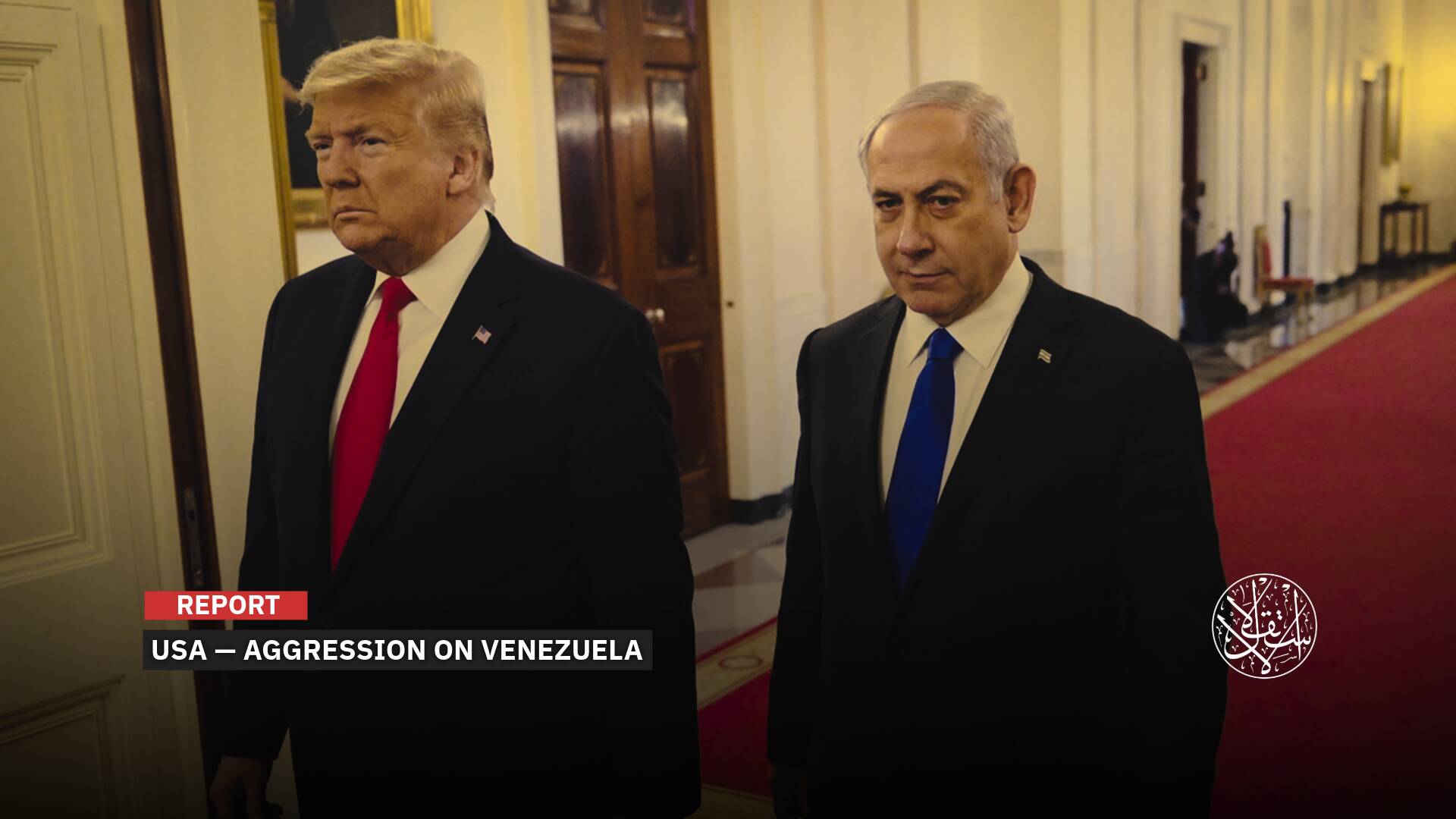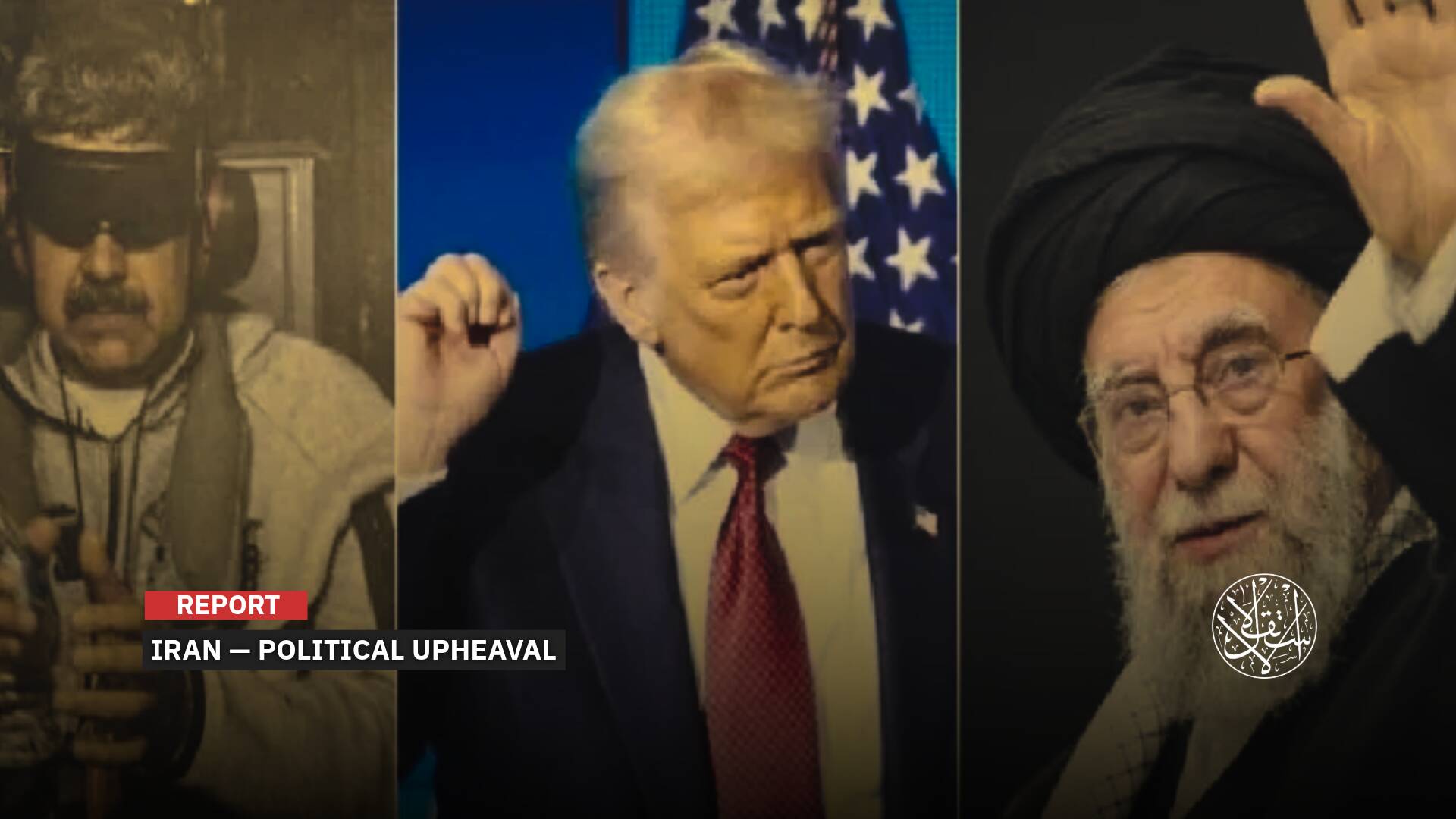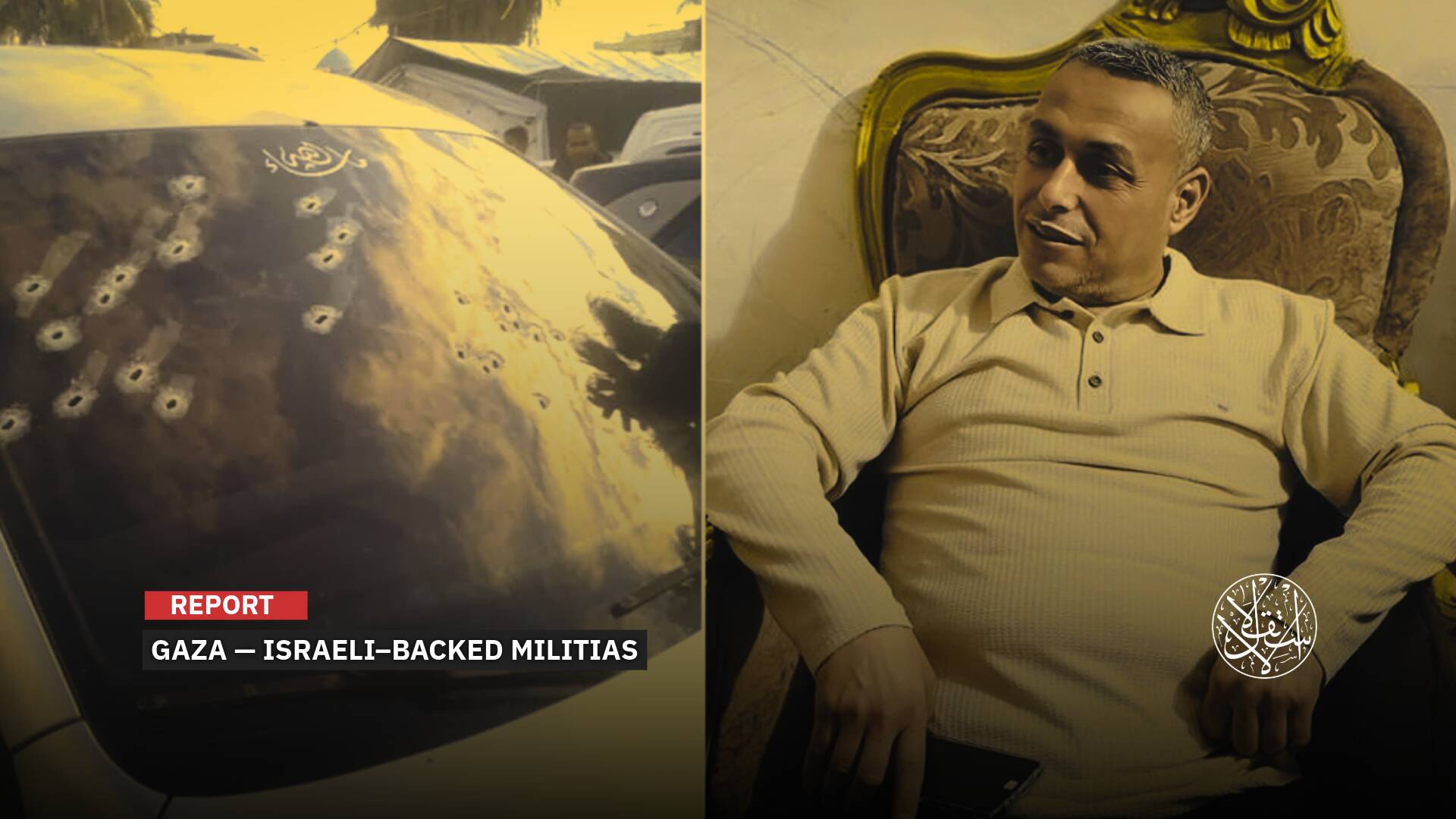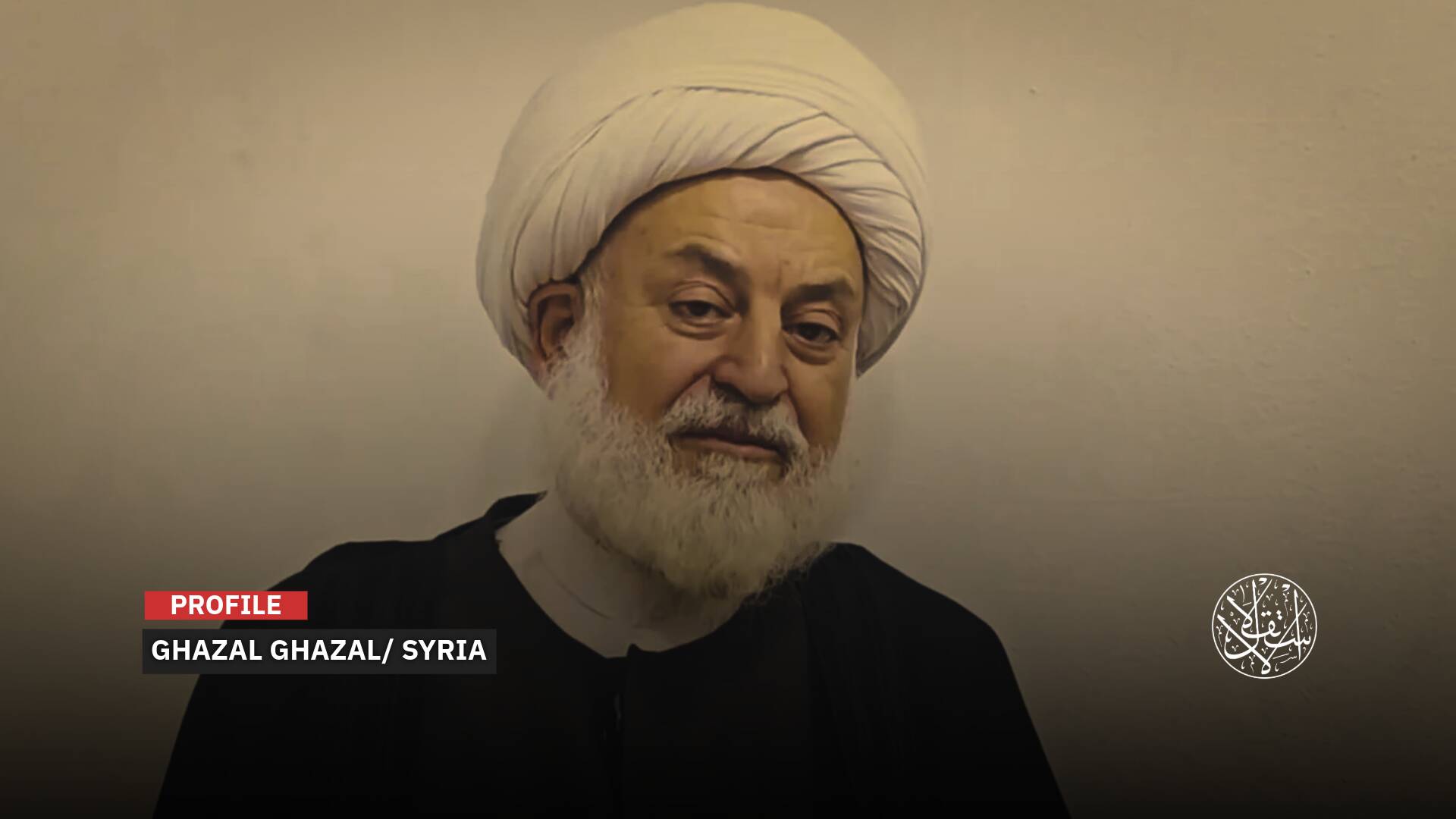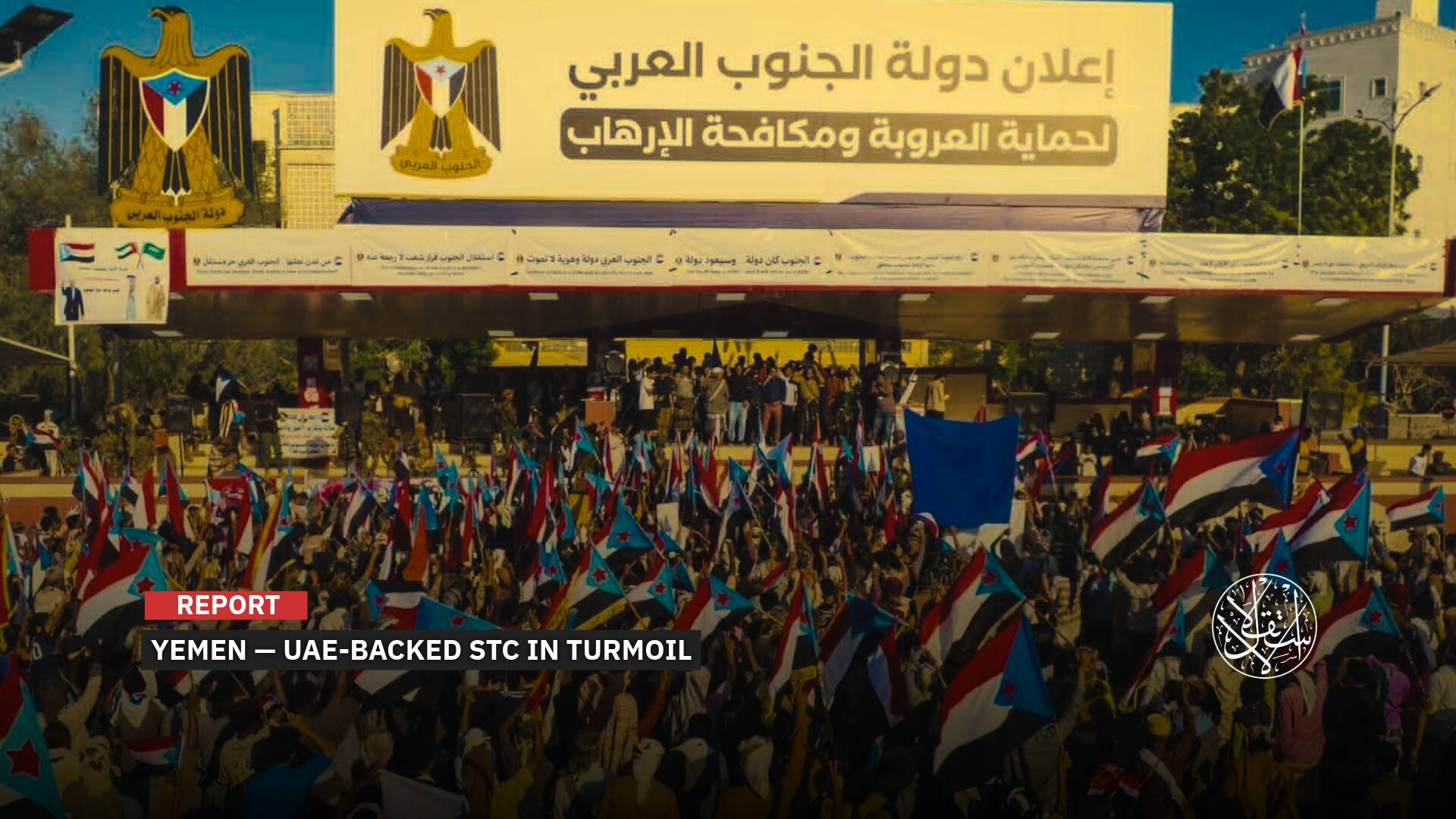Hicham Harb: A Palestinian Fighter Abbas Is Poised to Hand Over to France as a ‘Token of Gratitude’
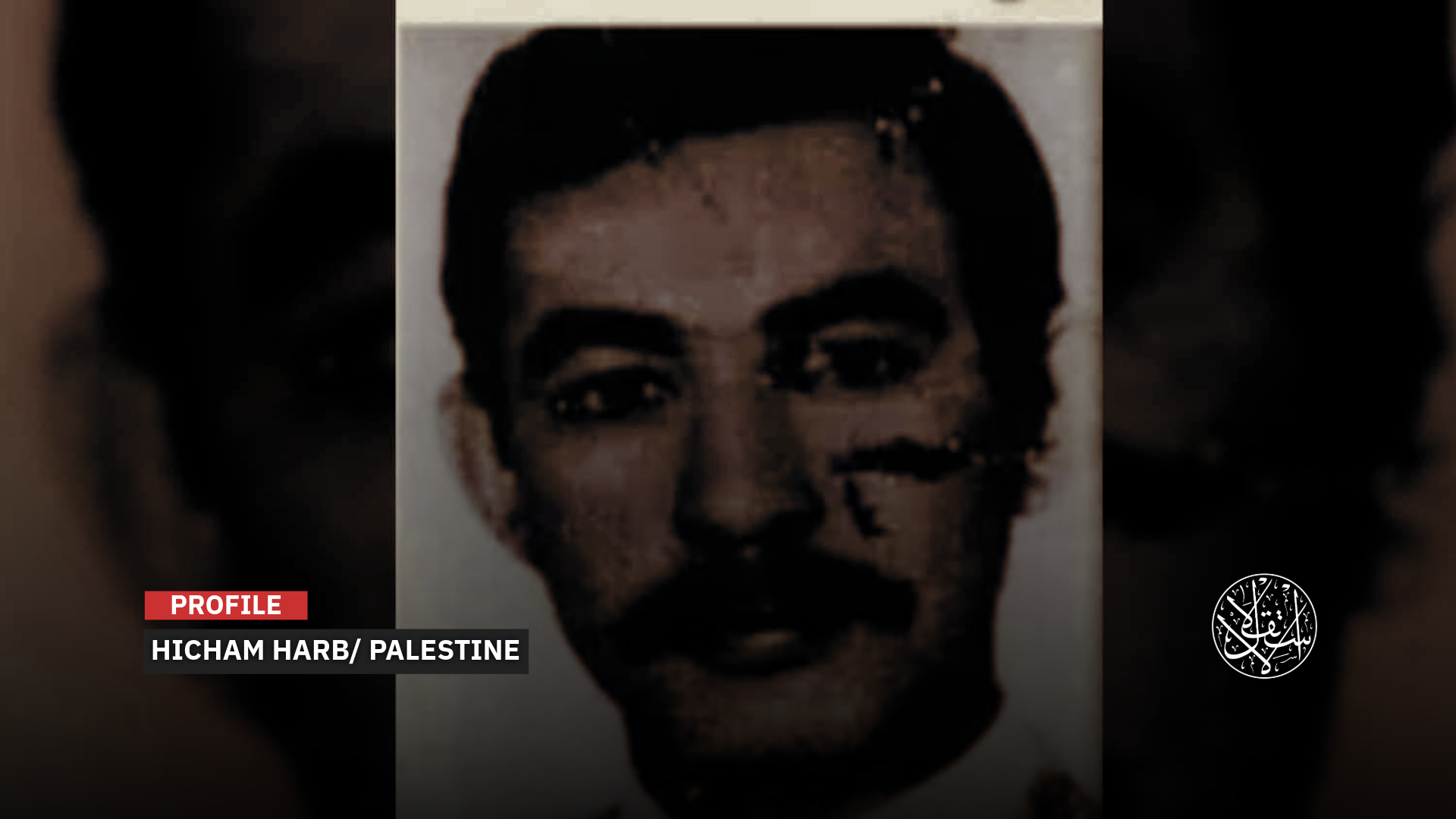
He is suspected of having played a key role in overseeing the cell believed to have carried out the operation.
In an unprecedented move, Palestinian Authority President Mahmoud Abbas is preparing to hand over a Palestinian detainee to France, in an effort to close the file on an incident dating back to the 1980s.
In an interview with the French newspaper Le Figaro on November 11, 2025, Abbas revealed that legal procedures for the transfer of Hicham Harb to France were now in their final stages.
Abbas’s remarks have sparked wide debate over the legality of both the detention and the expected handover, with many arguing that the move amounts to a token of appreciation following France’s recognition of the State of Palestine.
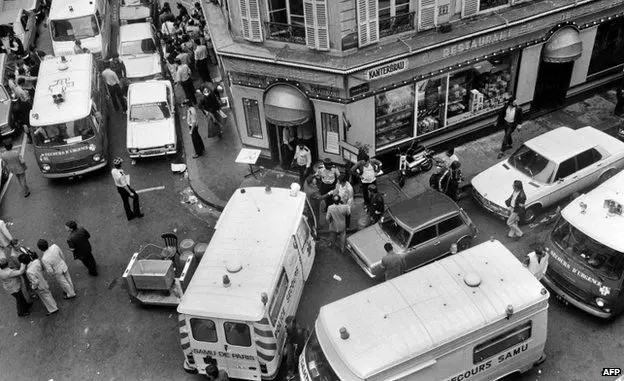
The Jewish Quarter Operation
On 9 August 1982, Hicham Harb led a group that carried out a bombing and shooting at the Jo Goldenberg restaurant in Paris’s Jewish quarter, an attack that left six people dead and 22 injured.
The war began at midday with a hand grenade thrown into the restaurant, then two men entered the packed room, which held around 50 customers, and opened fire with WZ-63 submachine guns.
According to French investigators, Harb was a former member of Fatah, the Revolutionary Council, a Palestinian faction that split from the PLO and was led by Sabri al-Banna, better known as Abu Nidal.
Paris suspects that Harb played a central role in overseeing the cell involved in planning and executing the attack, making him one of the key figures wanted in the case.
France issued an international arrest warrant for him and several others in 2015, but political and security complications stalled any move to enforce it, especially as Mahmoud Abbas’s authority had refused to hand Harb over on the grounds that Palestine was not yet formally recognized as a state.
The file was reopened after a renewed request from France as part of the process surrounding its recognition of the State of Palestine.
Harb is one of six men referred to the special criminal court in Paris in July 2025 in connection with the attack. Among the six, France has issued international warrants for three: Hicham Harb, Zouhair Mouhamad Hassan Khalid al-Abassi, known as Amjad Atta, who was arrested in Jordan in 2015 and later released on bail, and Walid Abdulrahman Abu Zayed, known as Suhail Othman, who lives in Norway and was detained there in 2020.
All governments involved have refused to extradite these suspects to France, according to a 2017 report in the Times of Israel, leaving the case mired in political and legal complexity to this day.
Hicham Harb is the nom de guerre of Mahmoud Khidr Abed al-Adra, born in 1955 in the town of Yatta in the Hebron governorate in the southern West Bank.
His name became associated early on with armed Palestinian activity, particularly with the Abu Nidal Organization, the faction that broke away from Fatah and the PLO. The group was active throughout the 1970s and 1980s and claimed responsibility for a series of attacks worldwide. Its founder, Sabri al-Banna, died in Iraq in 2002, and the organization’s attacks are believed to have killed at least 900 people globally, according to the BBC.
Despite the decades that have passed, investigations into the case yielded limited progress, although the discovery of one of the weapons used in the Jo Goldenberg attack in a Paris park provided important new leads.
In 2007, French judge Marc Trevidic reopened the investigation into the restaurant attack, and was able to identify Harb with the help of two confidential testimonies from former Abu Nidal members, known as witnesses 93 and 107. Both stated that Harb had been the on-the-ground leader of the group and directly supervised the operation.
A survivor, who was 16 at the time, also testified that he saw Harb firing at him as he tried to flee.
After the attack, Harb left France, moving between several Arab countries before settling in Gaza following the creation of the Palestinian Authority in 1994.
He later relocated to Ramallah, where he lived discreetly for many years and retired with the rank of brigadier in the Palestinian security services.
He eventually ended up in the custody of Mahmoud Abbas’s authority, in response to France’s request for his extradition.
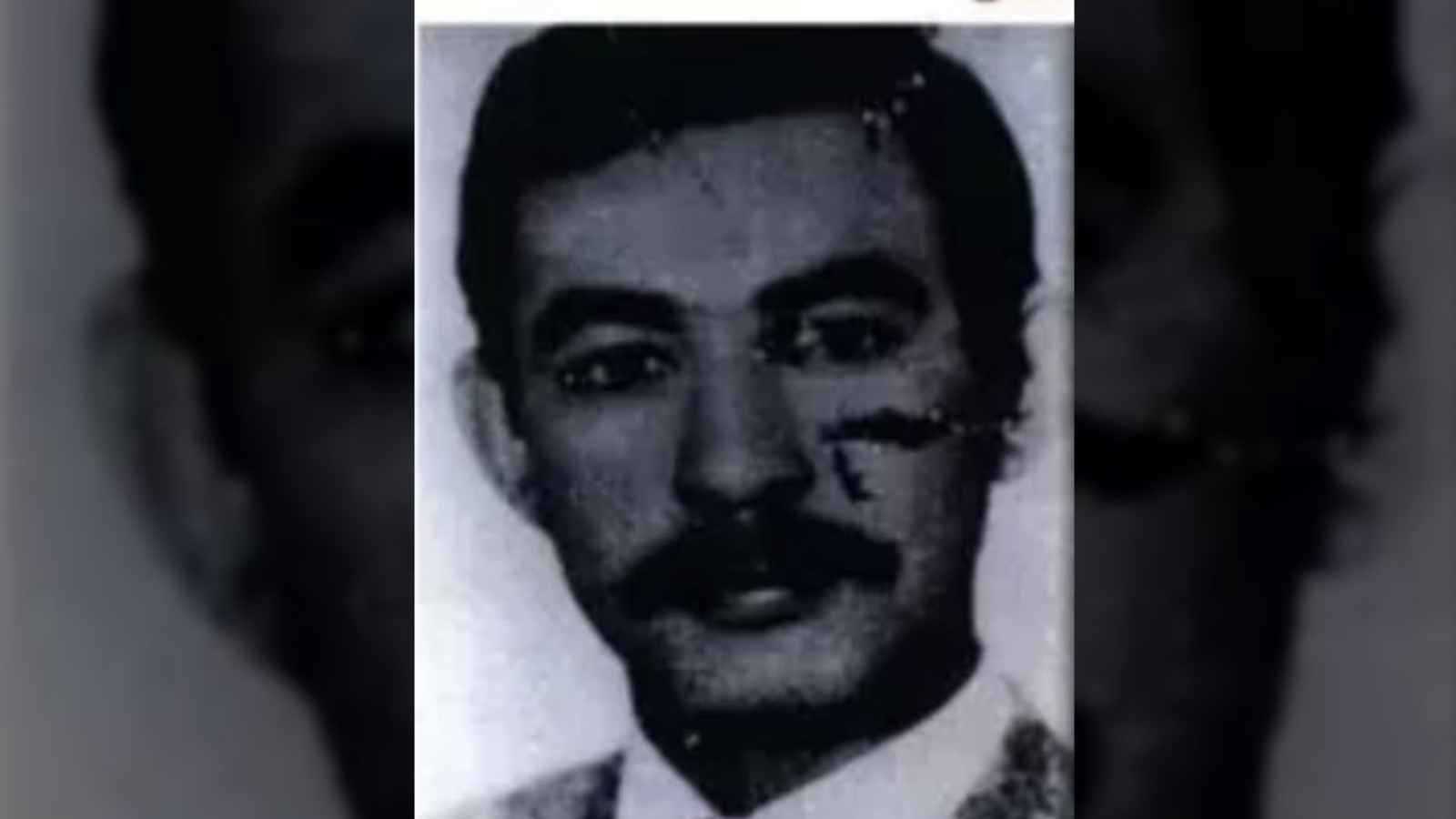
A Token of Gratitude
In comments to the French newspaper, Palestinian Authority President Mahmoud Abbas said France’s recognition of the State of Palestine in September 2025 “created an appropriate framework for judicial cooperation between the two sides”.
Abbas stressed that the Palestinian Authority was committed to respecting bilateral agreements and working within both Palestinian and international legal frameworks in handling the case of Hicham Harb’s possible transfer.
His remarks came on the sidelines of a meeting with the French president, Emmanuel Macron, at the Elysee Palace in Paris, where the two discussed a number of political and judicial issues, including the Harb case.
Abbas, now 90, arrived at the Elysee with slow steps, holding Macron’s hand, in a scene that reflected the support and alignment between the two sides following France’s recognition of the Palestinian state.
The Elysee said there was “no legal obstacle to handing over Hicham Harb, the issue is only one of practical implementation”, in reference to the ongoing coordination with the Palestinian side to ensure that legal procedures proceed correctly.
Notably, on September 19, 2025, three days before France announced its recognition of the State of Palestine, the French anti-terrorism prosecutor’s office revealed that the Palestinian authorities had detained Harb.
This followed France’s receipt of an official notice from Interpol confirming the arrest, a step Paris welcomed as a “major procedural advance”, expressing its gratitude to the Palestinian Authority for its cooperation in a case that has been referred to the special criminal court in Paris.
Macron praised the “excellent cooperation with the Palestinian Authority” in September 2025, saying, “We are working together for a swift extradition. While some suspects will be brought before the criminal court, this step represents progress towards upholding the law and uncovering the truth.”
The handling of the Hicham Harb file has therefore become an early test of Palestinian-French relations after France’s recognition of Palestinian statehood, and a sign of the Palestinian Authority’s efforts to assert itself as an active legal and political actor on the international stage.
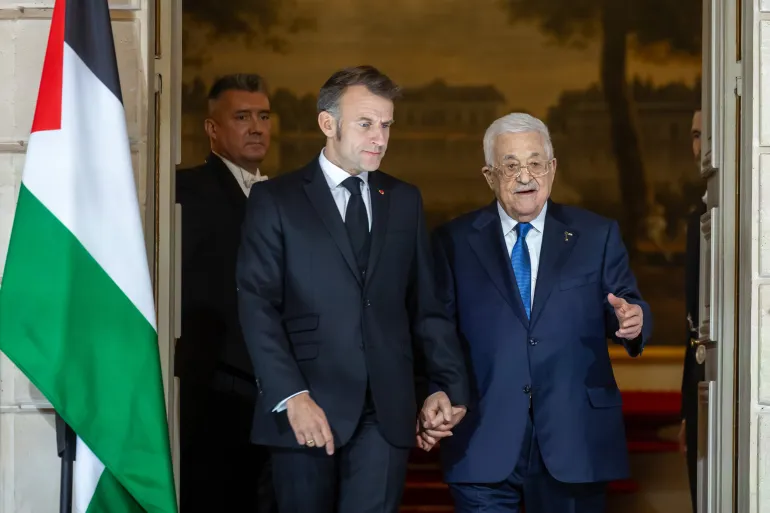
A Violation of the Law
According to the family of Mahmoud al-Adra, his detention at the al-Balou’ center in Ramallah took place under unclear circumstances, with no formal charges brought against him so far.
The 60-day period allowed under Palestinian law to extend al-Adra’s detention expired on November 13, and he remains held on the orders of the Court of First Instance, which is supposed to decide whether he will be transferred to the French authorities. Despite this, Palestinian security services continue to hold him on the basis of a political decision.
The family said in a statement that the retired brigadier suffers from serious health conditions, most notably bladder cancer and heart problems.
He had completed a round of chemotherapy only three months earlier, and was scheduled to begin new radiation treatment within two weeks under his medical protocol.
The statement added that al-Adra suffers from severe immunodeficiency and requires intensive medical care that cannot be provided in his current place of detention.
The family said that legal and human rights bodies, along with their lawyer, have made clear that Mahmoud al-Adra “does not meet the legal criteria for extradition to France”.
Thirteen human rights and civil society organizations, led by the Independent Commission for Human Rights and the institutions operating under the Human Rights Organizations Council, said in a joint statement that “any action that results in handing a Palestinian citizen over to a foreign authority constitutes a clear violation of the Palestinian Basic Law”.
The Palestinian Basic Law states explicitly, “No Palestinian may be expelled from the homeland, or prevented from returning to it, or barred from leaving it, or stripped of citizenship, or handed over to any foreign authority.”
The organizations added, “A citizen’s right to a fair trial before an independent national judiciary is a fundamental pillar of the Palestinian rights framework, and this right cannot be bypassed or waived under any circumstances.”
“Any infringement on this principle amounts to a grave encroachment on national sovereignty and constitutional rights, and sets a precedent that undermines the Palestinian legal system and its international human rights commitments,” they added.
The organizations warned that such an action “opens the door for other countries to request the extradition of Palestinians who carried out fedayeen operations in the past”.
Mohammed al-Hreini, Hicham Harb’s lawyer, told reporters that his client’s extradition to France “is not legally possible” and argued that “the political dimension of the case has no place in the Palestinian judiciary”.
Legal experts contend that the allegations against Harb are already barred by the statute of limitations, and that the absence of any agreement allowing the Palestinian Authority to extradite its citizens to foreign countries for acts of armed resistance carried out under the banner of the Palestine Liberation Organization further weakens the legal basis for any transfer.


